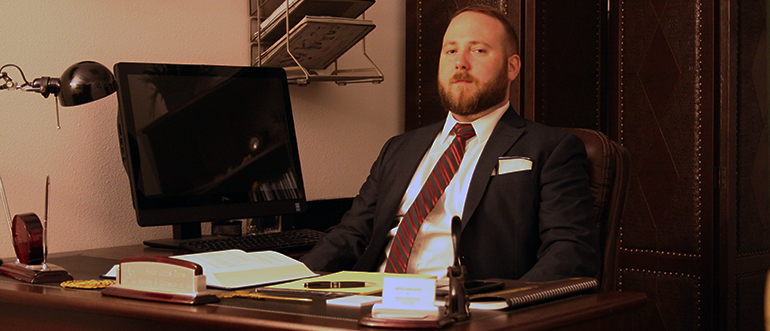DISCLAIMER: Please note that all the information herein is provided for general knowledge purposes, to provide a very brief overview of various questions. It is not legal advice. Every situation is different, and individual circumstances can vary enormously from these answers depending on many different factors. This is merely intended as a very general outline.
This is my general FAQ. My office also maintains an appellate FAQ as well as information on disclaimers and policies.
Q. Do you sell forms?
A. No, I am not in the business of selling forms. There are many forms available (both for free and for money) from various sources. There is no real guarantee of quality or legal sufficiency in most (if not all) of these forms, plus many legal nuances that may evade someone not trained as a lawyer.
I would compare buying a legal form without knowledge of the applicable law to attempting to pilot an airplane without any pilot training. Sure, the untrained, would-be pilot knows what a plane is, probably knows the rudiments of the controls, and knows where they want to go, but I would not bet on that person reaching their destination successfully.
For example, many people have told me they would like to place a clause in their will stating that anyone who contests the will gets nothing, unaware that such clauses are not valid in Florida, see § 732.517, Fla. Stat. (2014). This is just one small example from one area of law of something that could have catastrophic effects.
Q. I just have one quick question. Why can’t you just answer it over the phone?
A. If the Check Engine light on your car was on, would you call up an auto mechanic and inform them you just had “one quick question?” Of course not; you would take the car in for an inspection, realizing the problem was likely more complicated than one that could be diagnosed over the phone.
Though most people don’t realize it, it is often the same way for legal problems. Something that appears at first glance to be very simple can actually involve many different issues and end up being quite complex. I would be doing you, as well as the profession, a great disservice by simply rattling an answer off the top of my head without first investigating the facts and researching the legal concepts involved.
Furthermore, I am responsible for the legal advice I give, whether to clients or non-clients. I would be violating the oath I took when I became an attorney if I gave a legal opinion without a thorough review of all necessary facts and law, as well as harming my community through what would most likely be an incomplete and inaccurate answer. This is why I do not answer “simple” questions over the phone.
Q. Is it really necessary to have an estate plan? I’m not exactly a millionaire.
A. No, it’s not necessary to have an estate plan…unless, of course, you would like to control where your property ends up once you’re gone! Estate plans are a good idea for virtually anyone, whether your net worth is $100 or $1,000,000,000. The alternative is letting the State of Florida divvy up your property according to its intestate laws, something that could end up being very contrary to your wishes.
Estate plans encompass far more than just a will. There are many other documents that will enable loved ones to manage your affairs, health care directives, and the like. These are important considerations for everyone, not just the affluent. Proper estate planning documents will enable your loved ones to navigate the process of probate as smoothly and efficiently as possible, at what is already an unhappy and stressful time.
If you do have a sizable estate, you should definitely consider putting property into a trust. A trust can provide great control over the disposition of your assets, as well as offer tax benefits.
